14 Lifestyle Tweaks That Can Naturally Lower Your Blood Pressure
High blood pressure, or hypertension, is often dubbed the "silent killer" because it rarely shows symptoms until significant damage is done to the heart and arteries. With one in three adults affected worldwide, it’s a leading cause of heart disease and stroke. The modern lifestyle, characterized by high stress, poor diet, and sedentary habits, exacerbates this condition. However, the good news is that blood pressure is highly responsive to lifestyle changes. This article explores 14 impactful lifestyle tweaks that can naturally lower blood pressure, offering a comprehensive guide to transforming your well-being.
1. Embrace the Power of Regular Exercise

Physical activity is a cornerstone of heart health. Engaging in regular exercise strengthens the heart, enabling it to pump more efficiently with less effort. This reduces the pressure on your arteries, lowering blood pressure naturally. Aerobic exercises like walking, jogging, cycling, and swimming are particularly beneficial. Aim for at least 150 minutes of moderate-intensity exercise per week. Incorporating strength training exercises twice a week can further enhance cardiovascular health. Exercise also reduces stress, another significant factor in hypertension. By making physical activity a regular part of your routine, you can improve your overall health and significantly lower your blood pressure.
2. Prioritize a Balanced, Heart-Healthy Diet
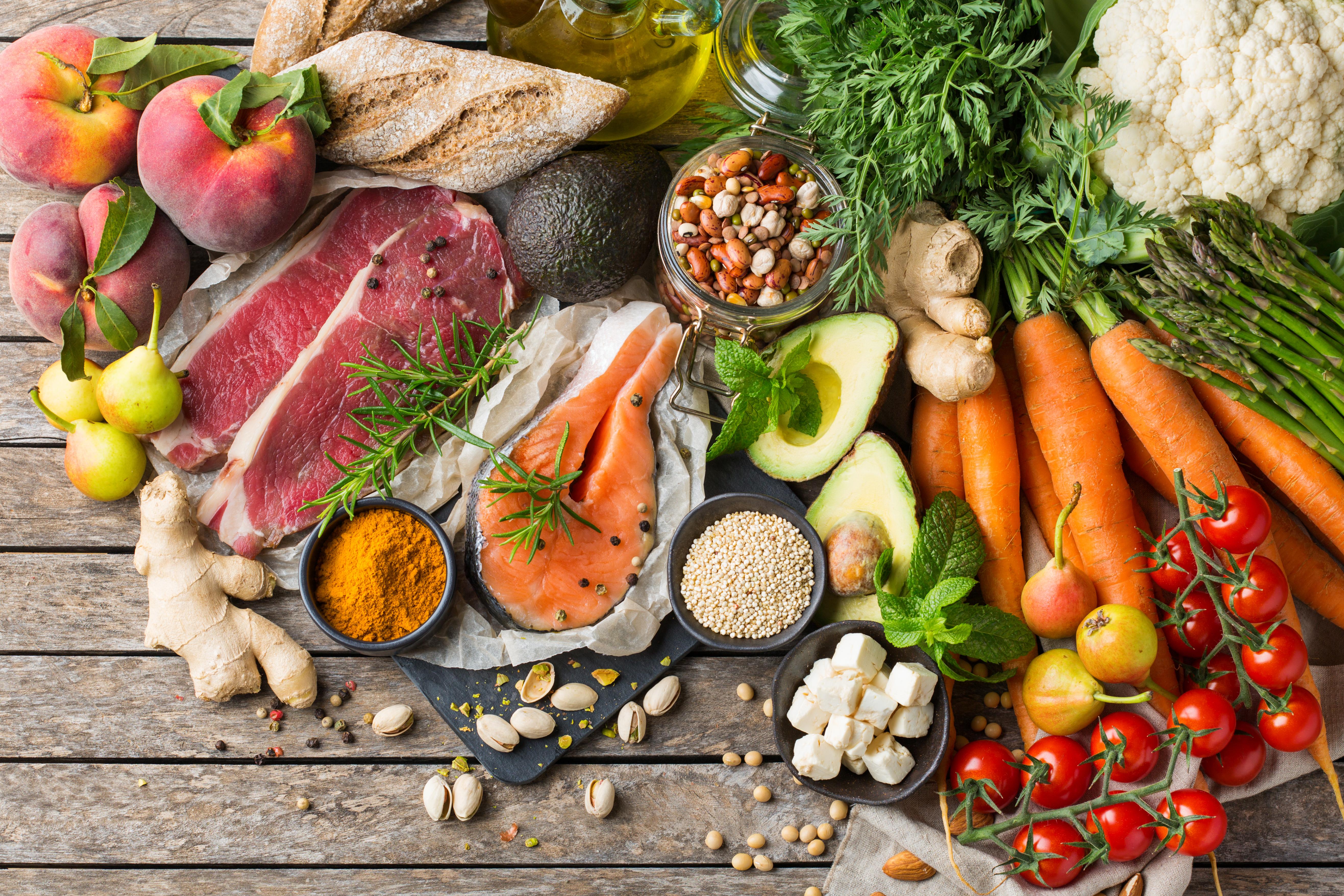
Diet plays a crucial role in managing blood pressure. The DASH (Dietary Approaches to Stop Hypertension) diet is specifically designed to combat hypertension. It emphasizes fruits, vegetables, whole grains, and lean proteins while reducing saturated fats, cholesterol, and sodium. Potassium-rich foods like bananas, sweet potatoes, and spinach help balance sodium levels, further aiding blood pressure reduction. Limiting processed foods, which are often high in sodium and unhealthy fats, is essential. By adopting a balanced diet rich in nutrients, you not only improve your blood pressure but also enhance your overall health and well-being.
3. Cut Back on Sodium
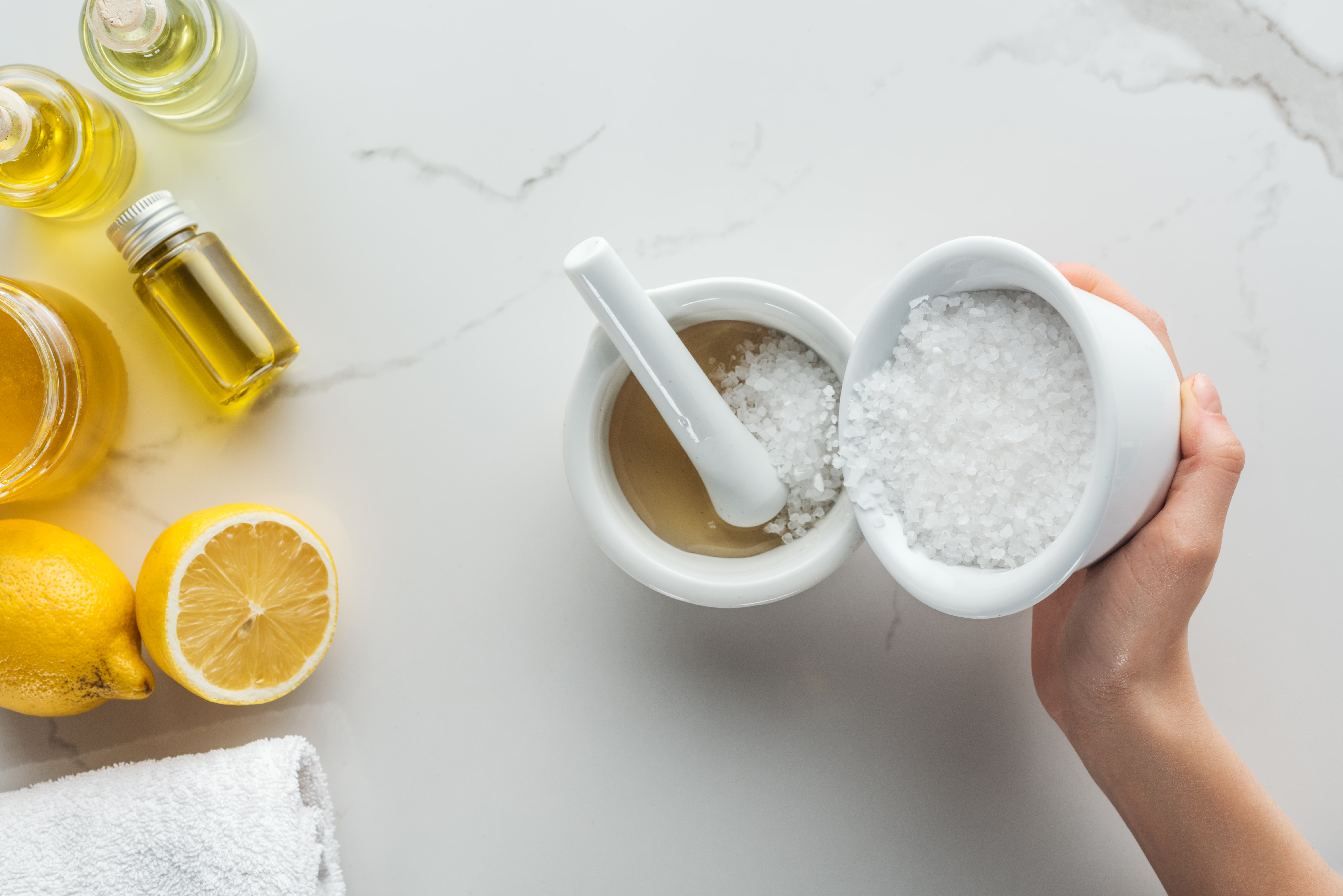
Sodium is a major contributor to high blood pressure. Consuming too much salt causes the body to retain water, increasing blood volume and pressure on the arteries. Most people consume more sodium than recommended, primarily through processed and restaurant foods. To lower blood pressure, aim to consume less than 2,300 milligrams of sodium per day, ideally reducing it to 1,500 milligrams. Reading food labels, cooking at home, and using herbs and spices for flavor instead of salt can significantly cut sodium intake. Reducing sodium is a simple yet effective way to lower blood pressure and improve heart health.
4. Maintain a Healthy Weight
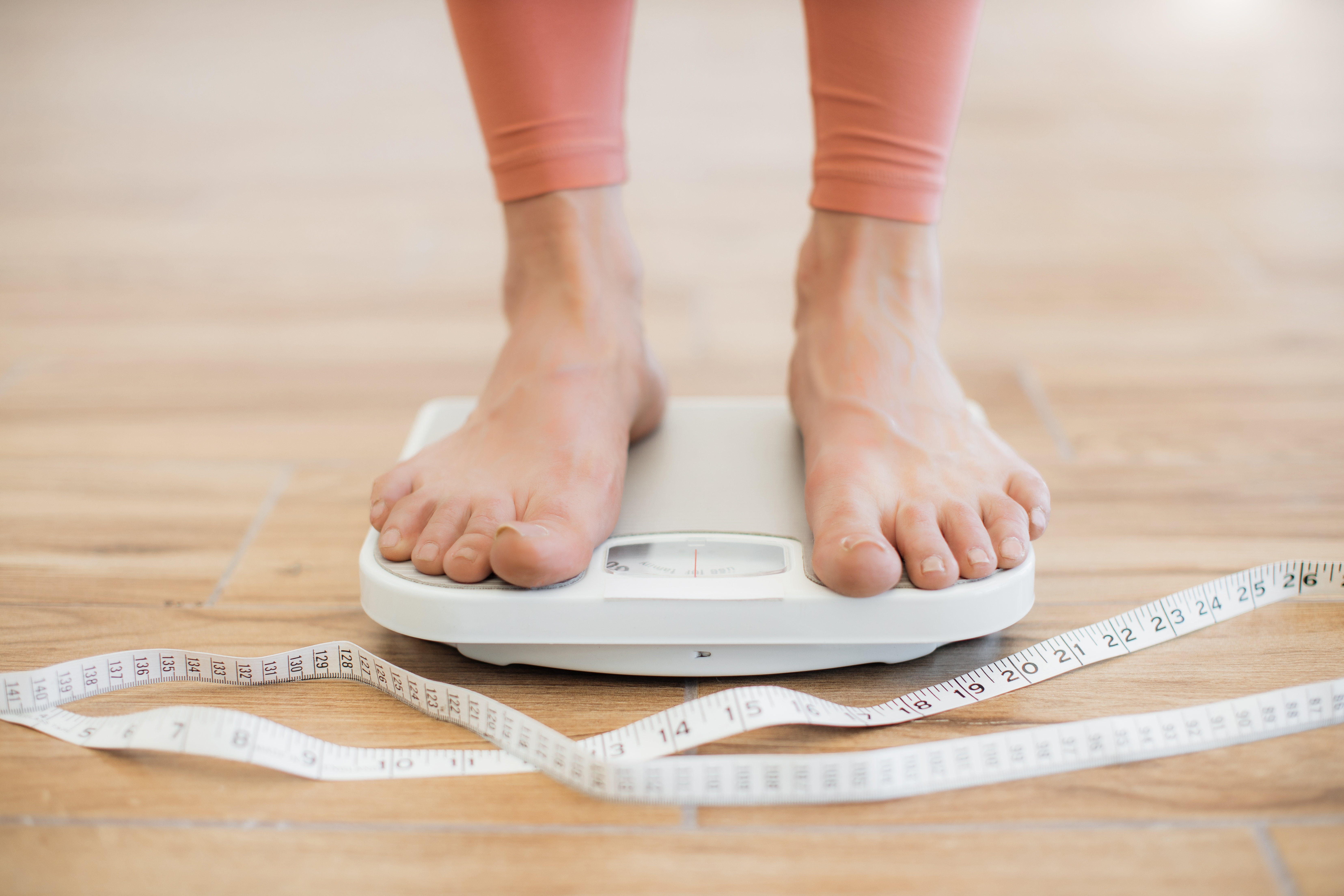
Weight and blood pressure are closely linked. Being overweight increases the risk of hypertension, as excess weight requires more blood to supply oxygen and nutrients to tissues, increasing pressure on artery walls. Losing even a small amount of weight can have a significant impact on blood pressure. A healthy weight loss goal is about 1 to 2 pounds per week through a combination of diet and exercise. Focus on sustainable lifestyle changes rather than quick fixes. By maintaining a healthy weight, you can reduce the strain on your heart and lower your blood pressure.
5. Limit Alcohol Consumption

While moderate alcohol consumption can have some health benefits, excessive drinking raises blood pressure and damages the heart. Alcohol can also interfere with the effectiveness of blood pressure medications. To lower blood pressure, men should limit alcohol to no more than two drinks per day, and women should have no more than one. Choosing alcohol-free days and opting for lower-alcohol beverages can help reduce overall intake. By moderating alcohol consumption, you protect your heart and contribute to a healthier lifestyle.
6. Quit Smoking
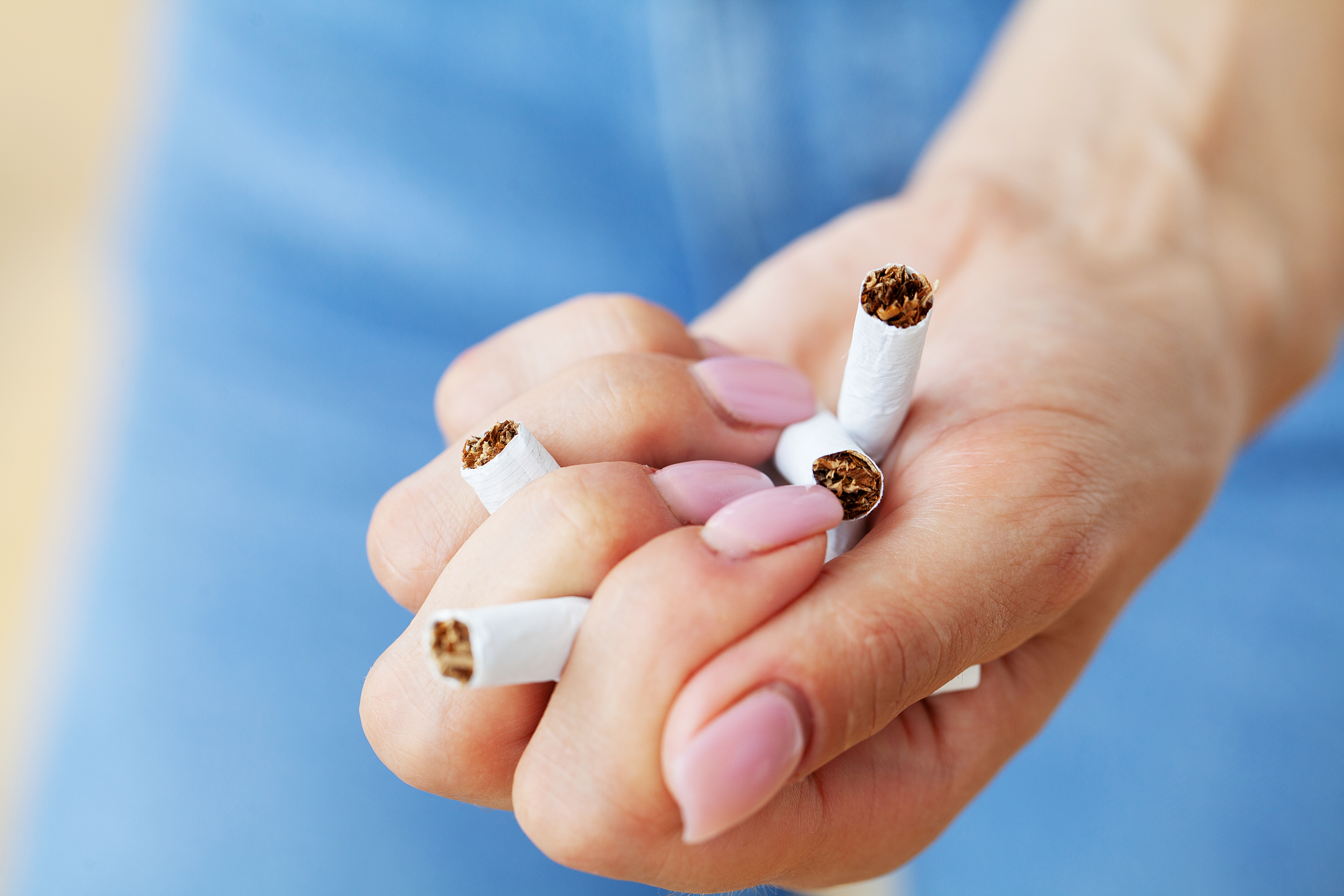
Smoking is a major risk factor for hypertension and cardiovascular disease. Each cigarette temporarily increases blood pressure and heart rate, while long-term smoking damages blood vessels and contributes to plaque buildup. Quitting smoking has immediate and long-term benefits for blood pressure and heart health. Within a year of quitting, the risk of heart disease drops significantly. Support from healthcare professionals, nicotine replacement therapies, and support groups can aid in quitting. By eliminating smoking from your life, you can dramatically improve your blood pressure and overall health.
7. Manage Stress Effectively

Chronic stress contributes to high blood pressure by causing the body to release stress hormones that increase heart rate and constrict blood vessels. Finding effective ways to manage stress is crucial for lowering blood pressure. Techniques such as mindfulness meditation, deep breathing exercises, yoga, and tai chi can help reduce stress and promote relaxation. Regular physical activity and adequate sleep also play a role in stress management. By incorporating stress-reducing practices into your daily routine, you can improve your mental well-being and lower your blood pressure.
8. Ensure Adequate Sleep

Sleep is essential for overall health and well-being. Poor sleep quality and sleep deprivation are linked to an increased risk of hypertension. During sleep, the body regulates stress hormones and maintains a healthy balance of blood pressure. Aim for 7 to 9 hours of quality sleep per night. Establishing a regular sleep schedule, creating a restful sleep environment, and avoiding screens before bedtime can improve sleep quality. By prioritizing sleep, you support your body’s natural ability to regulate blood pressure and enhance your overall health.
9. Increase Potassium Intake
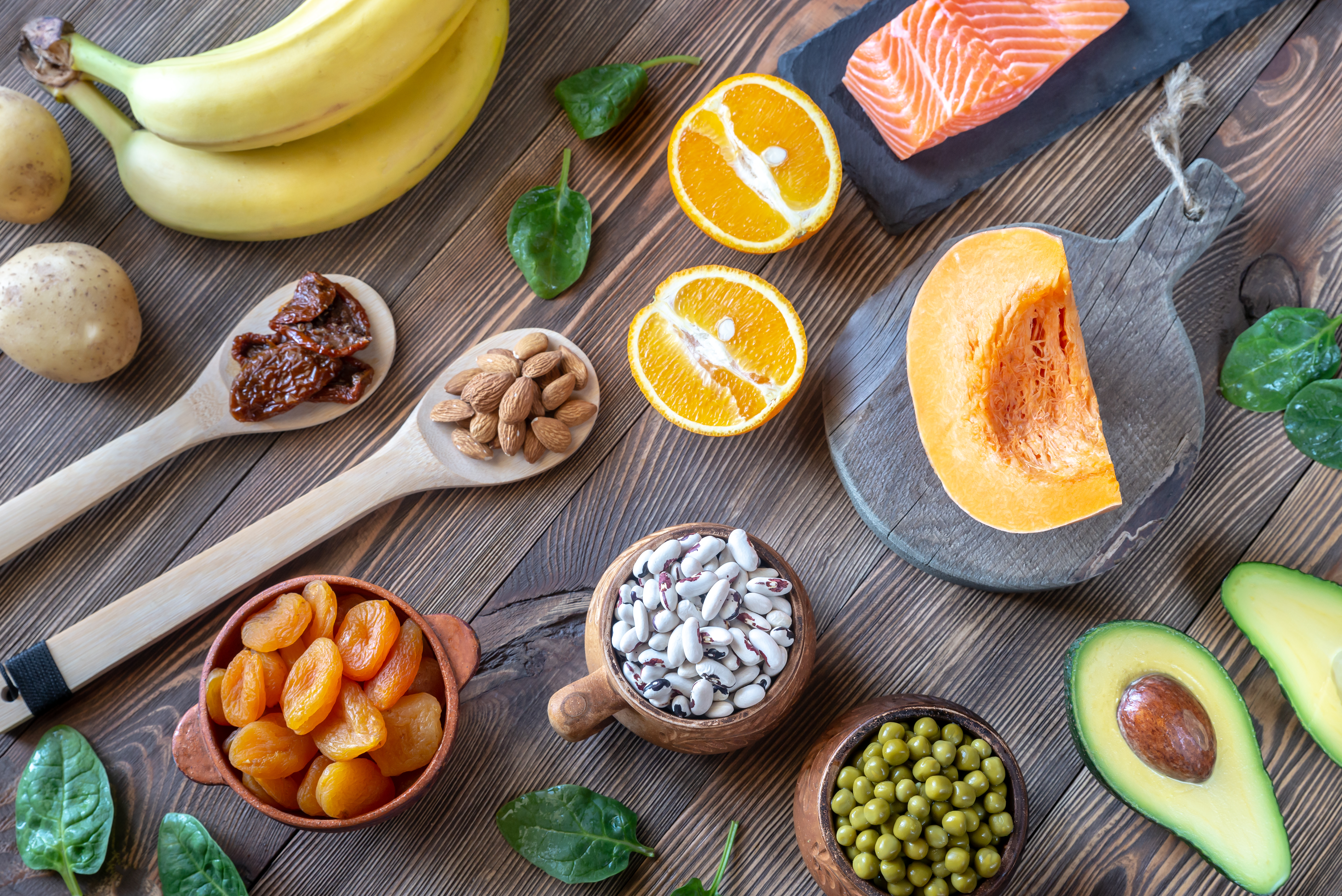
Potassium is a vital mineral that helps balance sodium levels in the body, reducing the strain on blood vessels and lowering blood pressure. Foods rich in potassium include bananas, oranges, potatoes, spinach, and beans. The recommended daily intake of potassium is about 3,500 to 4,700 milligrams, depending on age and gender. However, individuals with kidney disease should consult a healthcare provider before increasing potassium intake. By incorporating potassium-rich foods into your diet, you can naturally lower blood pressure and support heart health.
10. Limit Caffeine Intake

Caffeine can cause a temporary spike in blood pressure, although its long-term effects vary among individuals. For those sensitive to caffeine, reducing intake can help lower blood pressure. Monitoring your body’s response to caffeine and limiting consumption to moderate levels can be beneficial. Opt for caffeine-free or low-caffeine beverages, and avoid consuming caffeine close to bedtime to ensure quality sleep. By managing caffeine intake, you can contribute to a healthier blood pressure level and overall well-being.
11. Stay Hydrated

Proper hydration is crucial for maintaining healthy blood pressure levels. Dehydration can constrict blood vessels and increase blood pressure. Drinking plenty of water throughout the day helps maintain optimal blood volume and prevents the heart from working harder than necessary. Aim for at least eight 8-ounce glasses of water per day, more if you are active or in a hot climate. Limiting sugary and caffeinated beverages can also support hydration. By staying hydrated, you promote cardiovascular health and help regulate blood pressure.
12. Monitor Your Blood Pressure Regularly
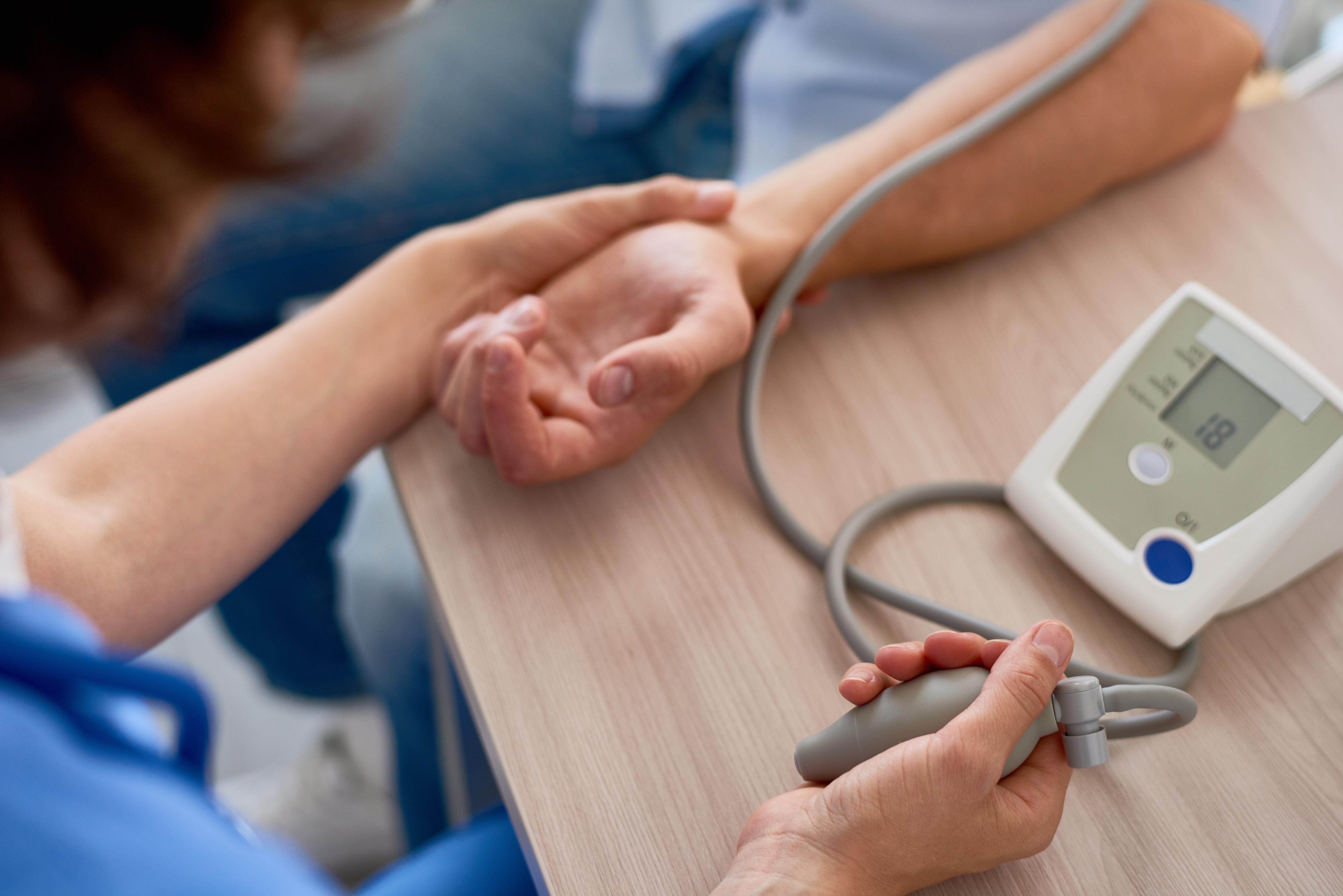
Regular blood pressure monitoring is essential for managing hypertension. Knowing your numbers allows you to track progress and make informed lifestyle changes. Home blood pressure monitors are widely available and easy to use. Keep a record of your readings and share them with your healthcare provider during appointments. Monitoring your blood pressure empowers you to take control of your health and make necessary adjustments to your lifestyle to maintain healthy levels.
13. Cultivate a Supportive Social Network

Social support plays a vital role in managing stress and promoting overall well-being. Having a strong support network of family, friends, and community can help you stay motivated and accountable in your health journey. Engaging in social activities, joining support groups, and maintaining positive relationships can reduce stress and improve mental health. By fostering a supportive social environment, you enhance your ability to manage blood pressure and lead a healthier lifestyle.
14. Explore Mindfulness and Meditation Practices

Mindfulness and meditation are powerful tools for reducing stress and lowering blood pressure. These practices encourage relaxation and focus, helping to calm the mind and reduce the physiological effects of stress. Regular meditation can lead to long-term improvements in blood pressure and overall well-being. Start with a few minutes of meditation each day, gradually increasing the duration as you become more comfortable. By incorporating mindfulness and meditation into your routine, you can enhance your mental and physical health.
A Holistic Approach to Blood Pressure Management

Lowering blood pressure naturally requires a multifaceted approach that addresses diet, exercise, stress, and lifestyle habits. By implementing these 14 lifestyle tweaks, you can take proactive steps towards improving your blood pressure and overall health. It’s important to remember that small, consistent changes can lead to significant improvements over time. Consult with healthcare professionals to tailor these strategies to your individual needs and monitor your progress. By embracing a holistic approach to well-being, you can transform your health and reduce the risks associated with high blood pressure.